Sports Tourism
WHAT IS SPORTS TOURISM?
Like many other major industries, the global sports tourism sector took a massive hit because of the Covid-19 pandemic. But with the world opening up – and travel becoming easier – the sector is expected to recover by 2022.
According to a new market report by Allied Market Research, the global sports tourism industry was pegged at $323.42bn in 2020. However, it is expected to reach $1.8 trillion by 2030, growing at a compound annual growth rate (CAGR) of 16.1% from 2021 to 2030.
The report revealed that by region Europe and North America held the largest share in 2020, accounting for nearly two-fifths of the market, due to the presence of a large population and high participation in sports activities. However, the global sports tourism market across Asia-Pacific is projected to register the highest CAGR of 17.7% during the forecast period of 2021 to 2030, owing to increase in sports participation and sports event hosting.
ROCHESTER, MN SPORTS
Rochester is fortunate to have one of the strongest and longest established sports commissions in the country. Created in 1991 and known then as the Rochester Amateur Sports Commission, now Rochester MN Sports, it has long been a leader in sports tourism through hosting local, regional and national events. We are a proud partner of theirs and work hard to create new and improved facilities for their hosting of future events. You can view their upcoming events at https://www.rochestermnsports.org/events.html
111
2024 - Total numbers of sporting Events
175,730
2024 - Sports Event
out of town Attendees
27,931
2024 - Sports Hotel Room Nights
Generated
$25.28M
2024 - Direct economic
Impact in Rochester

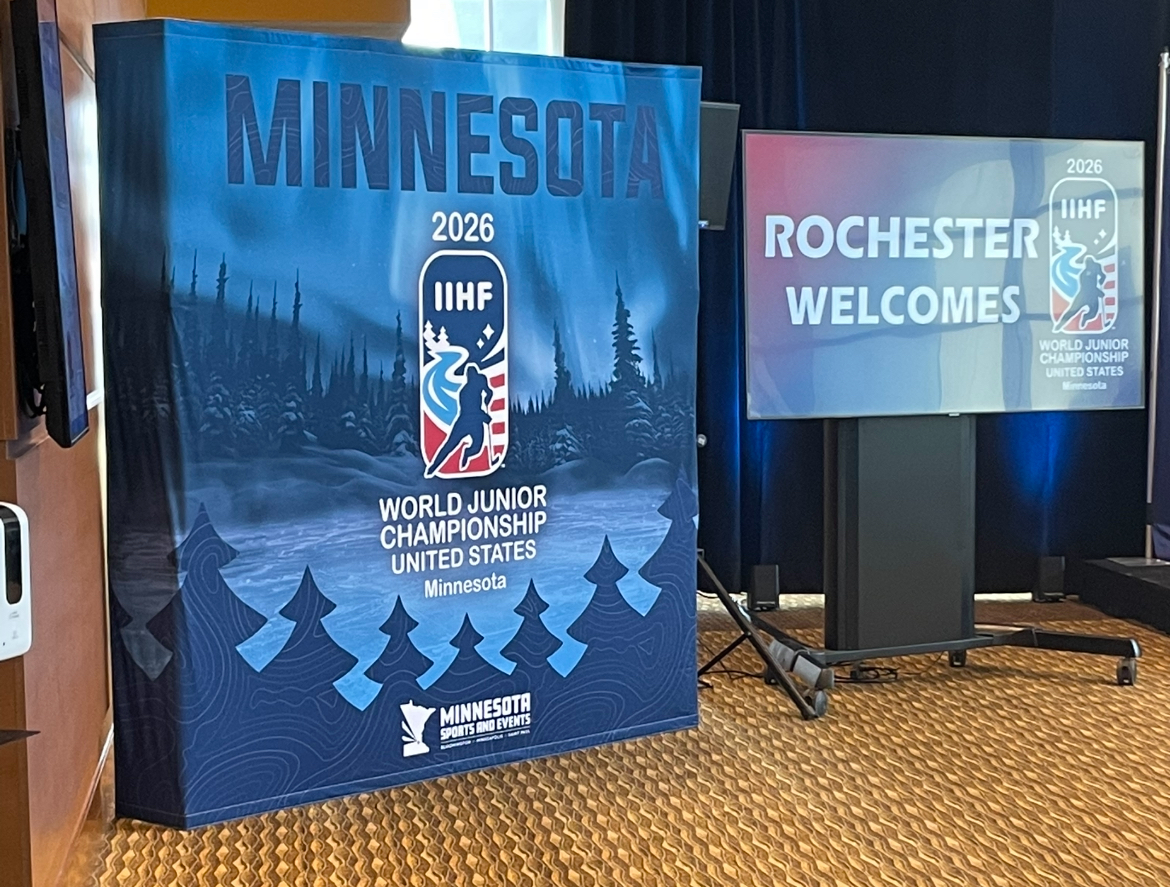
Something BIG is coming to Rochester
April 24, 2025
On Monday, April 21, a press conference was held at Mayo Civic Center announcing the World Juniors Pre-Tournament Series Hockey Tournament coming to Rochester in December. READ MORE

Progress to Date on Rochester Sports and Recreation Complex
February 1, 2025
On Thursday, January 30th, 2025 the Rochester Sports Foundation Board of Directors reviewed and discussed the City's staff request of the City Council action regarding the new Rochester Sports and Recreation Complex. READ MORE

Congratulations Rochester Sports!
September 18, 2024
The best Under-20 men's hockey players in the world will descend upon Minnesota in late 2025 and early 2026. The Rochester Recreation Center will be a staging site for two of the teams. READ MORE
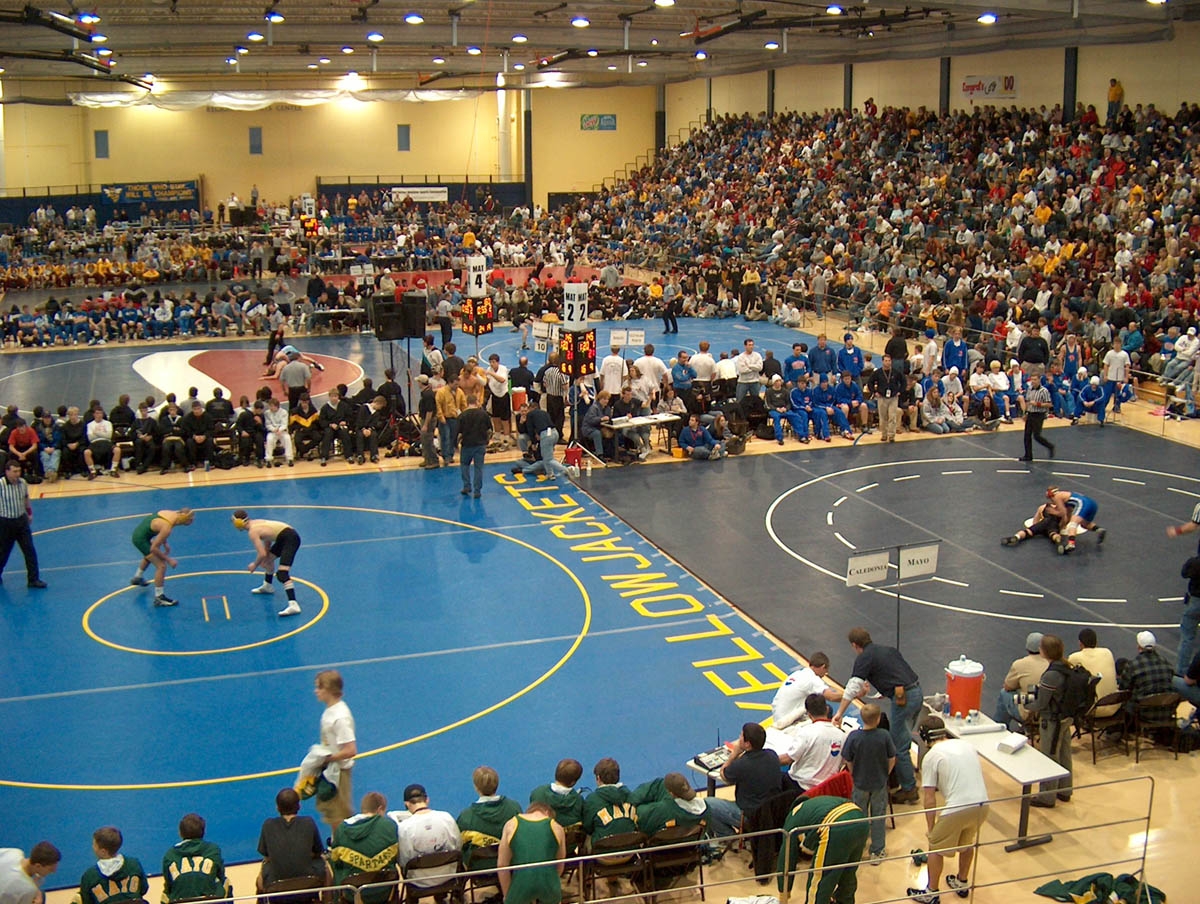
ETA Sports Releases the 2023 "State of the Industry
April 24, 2024
“The sport tourism industry continued to grow in 2023, increasing by 7% over sports traveler volume in 2022,” said John David, President & CEO of Sports ETA. READ MORE
Rochester Sports Tourism Numbers Bounce back in 2023
February 1, 2024
The work of the Rochester Sports staff, coupled with the end of the pandemic, has helped Rochester's reel in its portion of the $40B annual sports tourism dollars - returning to pre-pandemic numbers. READ MORE
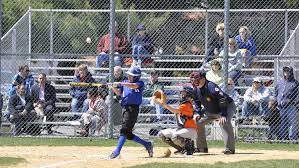
Economic Impact of Sports Tourism – Retail
October 17, 2023
Rochester is fortunate to host between 100 and 120 tournaments each year that bring in an average 145,000 visitors. READ MORE
Impact of Sports Tourism – Restaurants
August 14, 2023
With over 300 food and/or beverage options in Rochester, there is a lot to cheer about when it comes to sports tourism. READ MORE
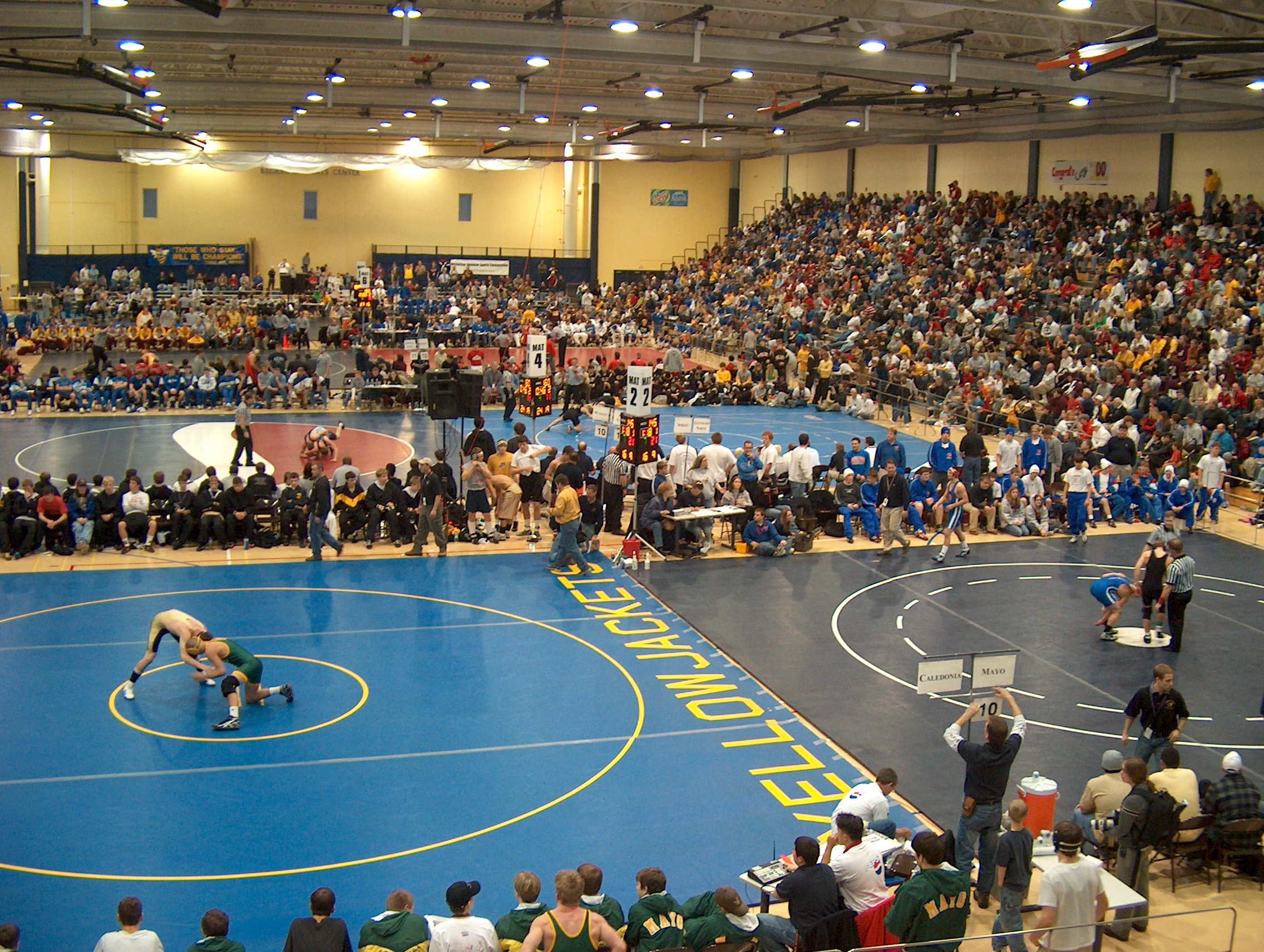
The Benefits of Youth Sports In Local Communities (And How Businesses Can Support Them)
June 27, 2023
There’s no question—well, at least there shouldn’t be—about the importance that recreation, youth sports and park systems play in supporting, serving and improving a community. Whether it’s a rural town or a bustling metropolitan city, these assets can be both popular and important. Outside of the obvious benefits of physical activity the CDC highlights to one’s physical, mental and emotional health and well-being, studies have shown that well-designed and planned parks have the potential to reduce crime. READ MORE
Unified tourism voice brings most success
June 24, 2023
Facilities are key to attracting and retaining top-tier events that drive economic impact and overnight hotel stays to a destination. READ MORE

Economic Impact of Sports Tourism – Hotels
June 15, 2023
Sports tourism seems to be a catch phrase these days, but it has a real economic impact. READ MORE
Olmsted County Youth Population
April 13, 2023
OLMSTED COUNTY’S YOUTH POPULATION BY AGE 2021 READ MORE
Sports Tourism: What Does It Mean for You and Your Community?
April 4, 2023
On a much smaller scale, sports tourism is that weekend baseball tournament that brings in 50 teams to your town. No matter how big or small, those impacts make a difference. READ MORE
NATIONAL SPORTS
Sports Tourism: What Does It Mean for You and Your Community
By Chandler Nobles, MS, CPRP | Posted on March 13, 2023
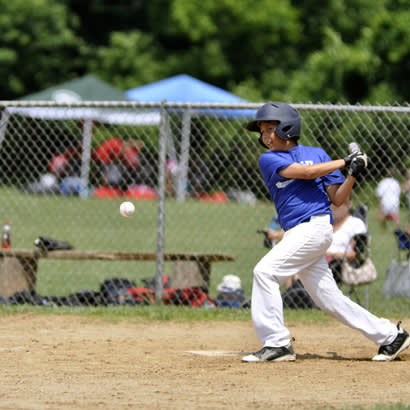
Tags: Urban Parks and Recreation, Trends and News, Operations, Funding
Sports tourism is a common term now, but it was largely unheard of until around 12 years ago. Sports tourism is a massive industry, and one of the fastest growing sectors in tourism according to the United World Tourism Agency. According to the Sports Events and Tourism Association (SETA), sports tourism generated over $90 billion dollars in economic impact across the U.S. in 2021. Sports tourism refers to travel for sporting events to either participate in or observe. Across the nation, sports tourism provides communities big and small millions of dollars in economic impact each year.
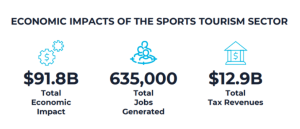
What are some of the first thoughts that come to mind when you think of sports tourism? On a large scale, an example of sports tourism would be the Super Bowl. Each year, the Super Bowl host city rakes in millions of dollars in extra spending from people from out of town. A large portion of the spending is from hotels, restaurants, ticket sales, and shopping due to the influx of tourists leading up to the week of the “Big Game”. Taxes from hotels, car rentals and hospitality all play a big part in the economic impact. With millions of dollars in spending coming from outside of the community, this is a big boost to local business owners.
On a much smaller scale, sports tourism is that weekend baseball tournament that brings in 50 teams to your town. No matter how big or small, those impacts make a difference.
Many times, especially when it comes to weekend tournaments, families bring along siblings and grandparents to watch their children compete all weekend long. For those small communities, this means big-time spending. This big spending has caught the attention of city officials and recreation professionals across the country, and now is the time to cash in.
By attracting visitors to your community, additional tax revenues are generated from hotel occupancy, food and beverage sales and hospitality services. In return, communities can keep taxes low for their residents and provide additional streams of income for city infrastructure improvements. Being that parks and recreation is subsidized by local taxes, the community often wants to see the benefit of their dollars at work. Oftentimes, sports infrastructure lies dormant on the weekends and gets very little use. Parks and city officials are now taking advantage of their community assets to generate additional streams of revenue.
Attracting high-profile tournaments can bring an influx of visitor spending into your community. See how Valdosta, Georgia, a community of around 56,000, has leveraged sports tourism to make an impact in their community. Hosting big events also brings publicity by raising the profile of the city and the potential for continued tourism. By working with local stakeholders, park and recreation departments are able to use these additional funds to help make facility improvements and provide a positive impact in their community.
In conclusion, sports tourism has a significant impact on the economic growth of cities across the globe. It creates job opportunities, increased tax revenue, boosts local businesses and attracts new businesses to the area.
Chandler Nobles, MS, CPRP (he/him) is an athletics supervisor at Valdosta-Lowndes County Parks and Recreation Authority.
Sports Complexes Spur Private Development
May 15, 2024
Industry Leading Firm Reports Marked Increase in New Developments Nationwide READ MORE

ETA Sports Releases the 2023 "State of the Industry
April 24, 2024
“The sport tourism industry continued to grow in 2023, increasing by 7% over sports traveler volume in 2022,” said John David, President & CEO of Sports ETA. READ MORE
Rochester Sports Tourism Numbers Bounce back in 2023
February 1, 2024
The work of the Rochester Sports staff, coupled with the end of the pandemic, has helped Rochester's reel in its portion of the $40B annual sports tourism dollars - returning to pre-pandemic numbers. READ MORE

NJCAA Championships bring economic boost to Cedar Rapids
November 15, 2023
Former Rochester Sports Sales Manager and current Tourism Director in Cedar Rapids Iowa says the economy can expect a one-million-dollar boost. READ MORE

Sports Tourism at a Glance
October 4, 2023
The notion of people traveling to participate and watch sport dates back to the ancient Olympic Games and the practice of stimulating tourism through sport has existed for over a century. READ MORE
Hotel Reporting
The Loss of One Youth or Amateur Sports Tournament Costs a City an Average of $360,000 in Hotel Revenue
EventConnect | November 18, 2020
LONDON, Ontario–November 18, 2020–Today, EventConnect, the leading provider of event and sports tourism management software, announced findings showing the significant economic impact felt by cities from the loss of youth and amateur sports tournaments a result of the COVID-19 pandemic. The findings from EventConnect’s internal database of over 4,000 events, 400 associations, 15,000 hotels, and 800 cities revealed that the cancellation of just one tournament costs a city an average of $360,000. However, the cancellation of a big tournament can result in a city losing as much as $5,074,185 in a single weekend. The US cities that have so far been hit the hardest in 2020 due to the pandemic’s cancellations are Mauston, Wisconsin; Wisconsin Dells, Wisconsin; Georgetown, Delaware; Boston, Massachusetts; Fort Wayne, Indiana; and Buffalo, New York.
However, as restrictions on tournaments vary between the states, those states expecting to see the largest number of tournaments return between November 2020 and the end of March 2021 are:
- Texas (54 tournaments)
- Wisconsin (22 tournaments)
- Florida (21 tournaments)
- West Virginia (13 tournaments)
- Maryland (9 tournaments)
- Indiana (7 tournaments)
- Mississippi (7 tournaments)
Some tournaments are choosing to relocate to other states to enable travel teams to compete still. For example, in Boston, Massachusetts, some events are being moved to Connecticut and New Hampshire, causing potential Boston hotel revenue losses of over $574,848. The data also shows that most of the teams are currently traveling to tournaments from New York, NY; Los Angeles, CA; Chicago, IL; Miami, FL; Las Vegas, NV; and San Diego, CA.
Due to tighter restrictions on indoor tournaments, when it comes to travel tournament cancellations, some sports like hockey have been hit harder than others that are commonly played outdoors, such as soccer and baseball. EventConnect’s data shows that while there were 140 hockey tournaments initially scheduled for 2020, only 10 of them could be played.
“This year has been filled with uncertainty in the youth and amateur sports industry, but it is encouraging to see that sporting events are starting to kick off again, especially around the South and East Coast. I hope they will soon pick up again on the West Coast as well in a manner that ensures everyone’s health and safety,” said John D’Orsay, CEO at EventConnect. “In areas where youth and amateur sports have not yet come back, there is an opportunity for tournament rights holders to use this time to review their workflow and the technology that they use to manage events. Our highly customizable solution gives tournament organizers more time to market and produces events with a lower headcount, ultimately resulting in increased revenue.”
About the data
The report’s findings were compiled from an internal database of over 4,000 events, 400 associations, 15,000 hotels, and 800 cities. The loss of city revenue was calculated using EventConnect’s data on the average cost of a hotel room for a team at a travel tournament and the assumption that a family spends $115 per day traveling on food, drinks, transportation and entertainment.
E
